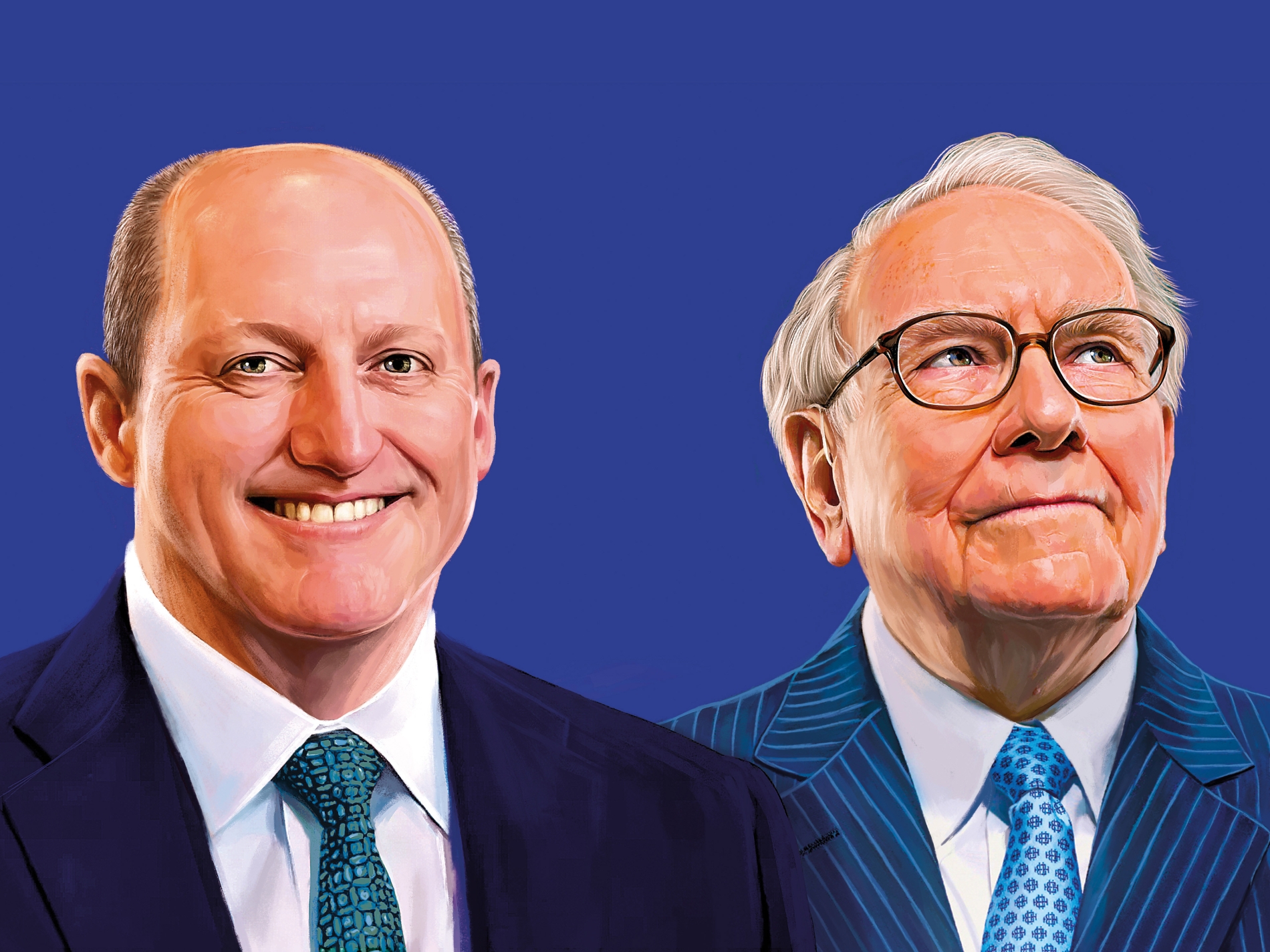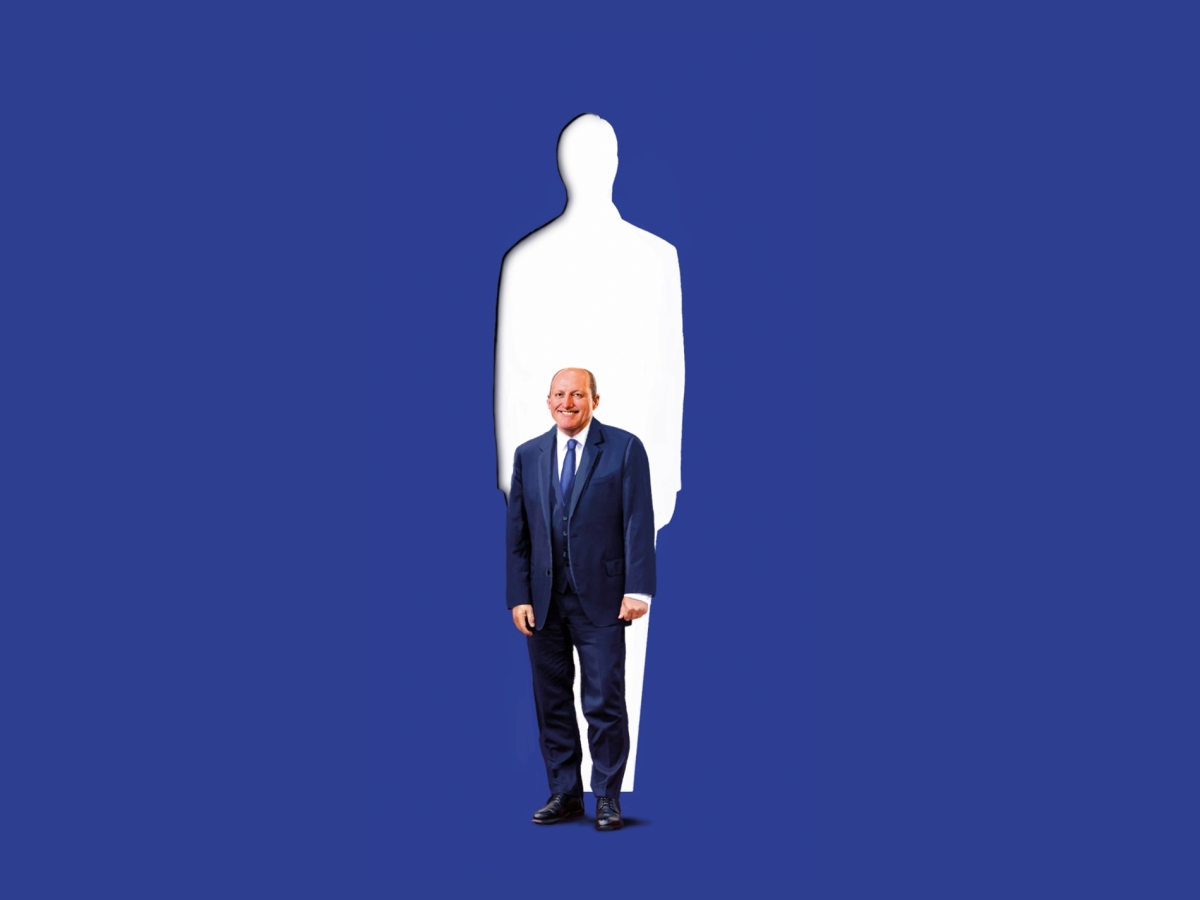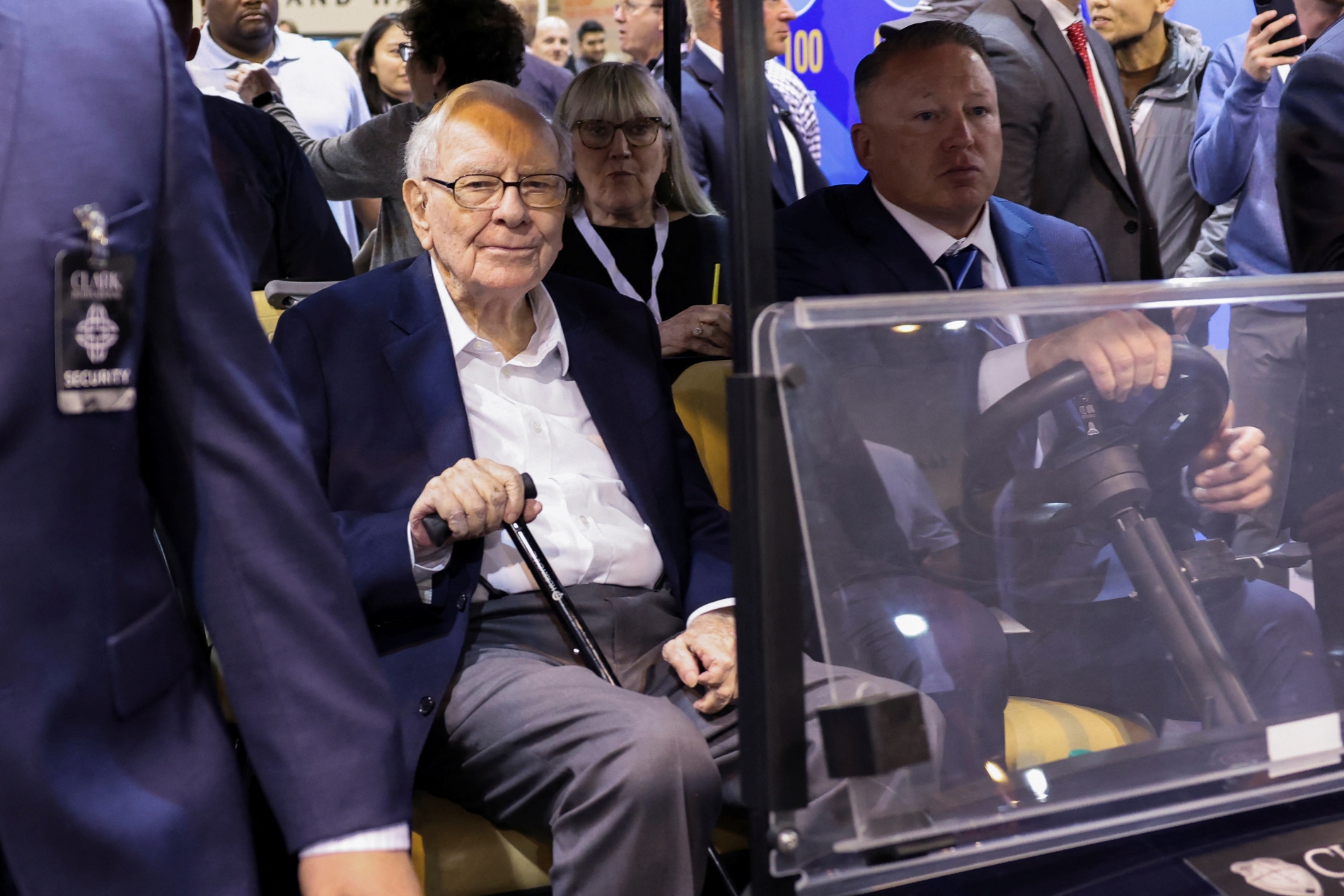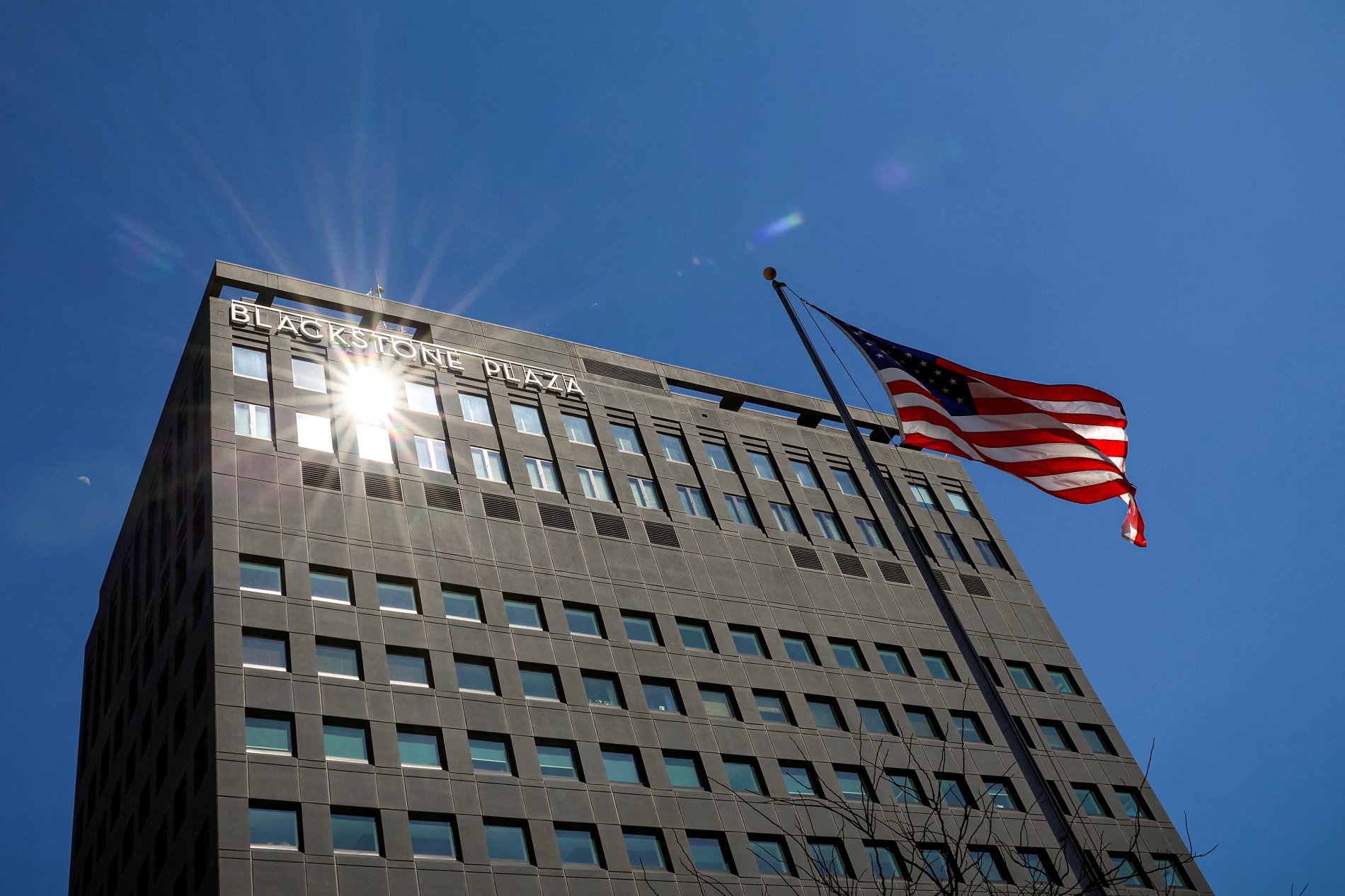It is no small thing to succeed a man who turned a struggling textile mill into an American holding company worth $1.2tn, but that is the fortune of Canadian-born Greg Abel, the recently named successor of Warren Buffett at Berkshire Hathaway.
Nicknamed the ‘Sage of Omaha’ for his market and business nous, 94-year-old Buffett is one of the greatest investors in history. In May, he said he would finally step down as the company’s chief executive office by the end of the year, having manned the helm for an incredible six decades.
In the end, the identity of his successor caused few surprises. Indeed, it was a reaffirmation of a pledge Buffett made in 2021, Buffett, when Abel was vice-chair of non-insurance operations, and that he made again at the 2024 annual shareholders’ meeting. “Greg understands capital allocation and business,” he said. “If you understand business, you understand common stocks.”
Buffett would sell none of his Berkshire Hathaway shareholdings during the leadership transition, he said. “The decision is an economic one, because I believe Berkshire’s prospects will be better under Greg’s management than under mine.” In return, Abel assured shareholders that as chief executive, he would “preserve Berkshire’s reputation” and adhere to Buffett’s investment philosophy.

Buffett, who is expected to remain chairman, has amassed a personal fortune of around $142bn. He is known for his long-term strategy and focus on companies with high intrinsic value. But how did he get here?
From selling gum
Born on 30 August 1930 in Omaha, Nebraska, his father was Congressman Howard Buffett. The young Warren showed an entrepreneurial zeal from a young age, selling chewing gum and magazines door-to-door, running a profitable paper round, and investing in his first stocks at the age of 11. He graduated from the University of Nebraska and was deeply influenced by the value investing philosophy of his mentor, Benjamin Graham.
In 1962, Buffett began purchasing shares of Berkshire Hathaway and acquired full control by 1965. Had you bought Class A shares in the company in 1964, their value would have increased by 5,500,000% by 2024. So, a $1,000 investment then would now be worth $55mn.















